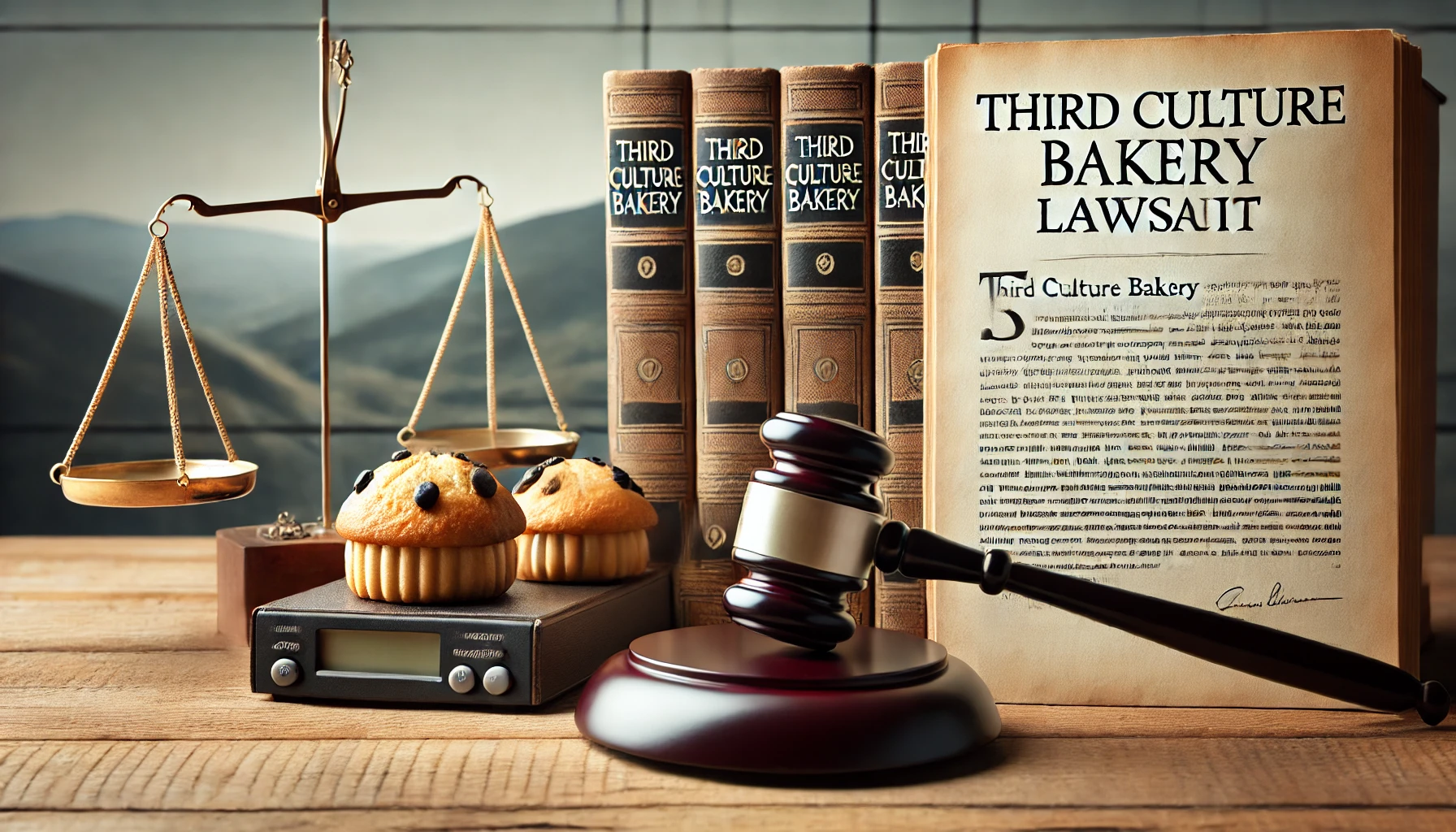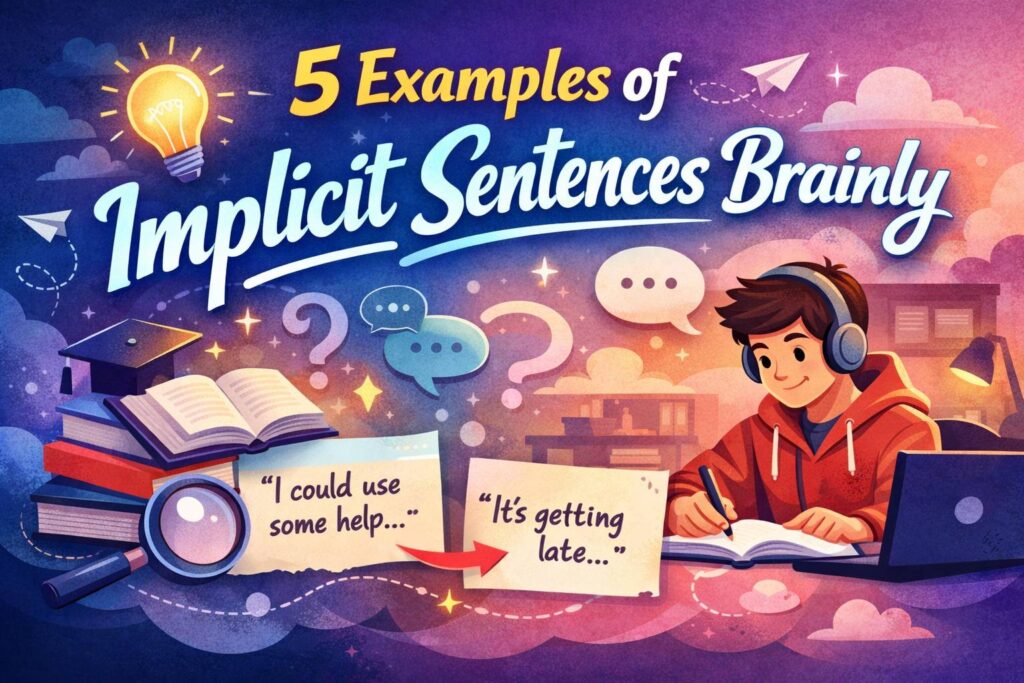Third Culture Bakery Lawsuit: Why Public Backlash Forced a Trademark Surrender

The Third Culture Bakery lawsuit became a widely discussed case in the food industry. The bakery, known for its unique Asian-inspired treats, trademarked the term “Mochi Muffin”, leading to legal disputes.
This move sparked controversy, especially among small bakeries that had been selling similar products for years. Many business owners and customers believed the term was too generic to be owned by a single company.
The bakery began enforcing its trademark rights aggressively. It sent cease-and-desist letters to other businesses, demanding they stop using the term “Mochi Muffin.” This legal action led to widespread backlash on social media.
Eventually, public pressure forced Third Culture Bakery to reconsider its stance. In 2022, the company decided to surrender the trademark, allowing others to use the term freely.
Background of Third Culture Bakery
Wenter Shyu and Sam Butarbutar launched Third Culture Bakery. Their goal was to introduce Asian-inspired baked goods to a wider audience. The bakery quickly gained popularity for its innovative approach to traditional flavors.
One of their signature creations was the Mochi Muffin, a chewy, rice flour-based dessert with a unique texture. It became a best-seller and was highly sought after by customers.
As the bakery expanded, it established locations across California and Colorado. The owners worked to protect their brand and intellectual property, believing the Mochi Muffin was their original creation.
The decision to trademark “Mochi Muffin” was part of their business strategy. However, it soon led to unexpected legal and public disputes that challenged their claim.
Trademarking of ‘Mochi Muffin’
In 2018, Third Culture Bakery officially trademarked the term “Mochi Muffin”. They believed this would protect their brand and prevent others from selling similar products under the same name.
Shortly after obtaining the trademark, the bakery started sending cease-and-desist letters to various businesses. Many of these were small bakeries and cafes selling their own versions of mochi-based muffins.
The bakery claimed that the term belonged to them as it was their original recipe. They argued that protecting the name was necessary to maintain their brand identity.
However, this move was met with strong opposition. Many in the baking community felt that mochi and muffins were common food items, and no single company should have ownership over the term.
Legal and Public Backlash
As news of the Third Culture Bakery lawsuit spread, many people took to social media to voice their opinions. Customers and business owners alike criticized the bakery for trying to control a culturally significant term.
Small bakery owners expressed concerns that they could lose business if forced to rename their products. Some had been selling mochi-based muffins for years before Third Culture Bakery trademarked the term.
Legal experts also weighed in, stating that trademarking common food terms is often difficult to enforce. They explained that a term must be distinctive and original to qualify for full legal protection.
The backlash continued to grow, with many calling for the bakery to drop its claim. Customers even started boycotting Third Culture Bakery, leading to financial concerns for the business.
Response from Third Culture Bakery
At first, the bakery defended its decision, stating that the trademark was necessary to protect their brand and investment. They insisted that the Mochi Muffin was their unique product.
However, they acknowledged the backlash and tried to clarify their position. They claimed they were not targeting homemade or personal recipes, only businesses that were profiting from the term.
Despite their explanations, the negative reactions continued. Many felt that Third Culture Bakery was hurting small businesses rather than supporting the food community.
The owners eventually decided to reconsider their legal strategy. By mid-2022, they announced they would relinquish the trademark, marking a turning point in the case.
Official Surrender of the Trademark
In June 2022, Third Culture Bakery confirmed they would no longer enforce the “Mochi Muffin” trademark. They admitted that the controversy had become too damaging to their brand.
By September 2022, the bakery formally surrendered the trademark to the U.S. Patent and Trademark Office. This meant that any business could now legally use the term.
With the surrender of the trademark, many bakeries that had previously been affected resumed using the term “Mochi Muffin”. They saw this as a victory for small businesses and cultural foods.
The case set an important precedent in the food industry, raising questions about the ethics of trademarking traditional or common food names.
Lessons Learned & Industry Impact
The Third Culture Bakery lawsuit highlighted the challenges of trademarking food names. While businesses have the right to protect their products, they must consider public perception and cultural impact.
Many experts now advise food businesses to avoid trademarking generic or widely used terms. Instead, they suggest protecting brand logos, unique packaging, or distinctive recipes.
The case also showed the power of public opinion. In today’s digital age, customer reactions can strongly influence business decisions. Companies must handle trademark disputes carefully to avoid backlash.
Comparison of Trademark Outcomes in the Food Industry
| Company | Trademarked Term | Public Reaction | Outcome |
| Third Culture Bakery | Mochi Muffin | Negative | Trademark Surrendered |
| Nestlé | Toll House Cookies | Neutral | Trademark Maintained |
| Starbucks | Frappuccino | Mixed | Trademark Enforced |
The table above compares different cases, showing that generic terms often face greater challenges in legal protection.
Conclusion
The Third Culture Bakery lawsuit became a lesson in intellectual property for the food industry. It showed the risks of trademarking commonly used names.
While protecting a brand is important, businesses must balance their rights with cultural respect and public sentiment. The case also sparked discussions about food ownership and fair competition.
By surrendering their trademark, Third Culture Bakery helped resolve the controversy. However, the debate on food trademarks continues in many industries.
Ultimately, this case serves as a reminder for businesses to think carefully before claiming ownership over widely known food terms.
FAQs
Why did Third Culture Bakery trademark “Mochi Muffin”?
They trademarked it in 2018 to protect their brand and prevent other businesses from using the same product name commercially.
What was the main controversy in the Third Culture Bakery lawsuit?
The controversy arose because many believed “Mochi Muffin” was a generic term and should not be exclusively owned by one bakery.
How did the public react to Third Culture Bakery’s legal actions?
Many customers and small businesses criticized the bakery, arguing that traditional food names should not be trademarked.
When did Third Culture Bakery give up the trademark?
In June 2022, they announced they would relinquish the trademark, and by September 2022, it was officially surrendered.
What impact did this lawsuit have on the food industry?
It sparked discussions about trademark ethics, especially concerning culturally significant or widely used food names.
























































































































































































































































































































































































































































































































































































































